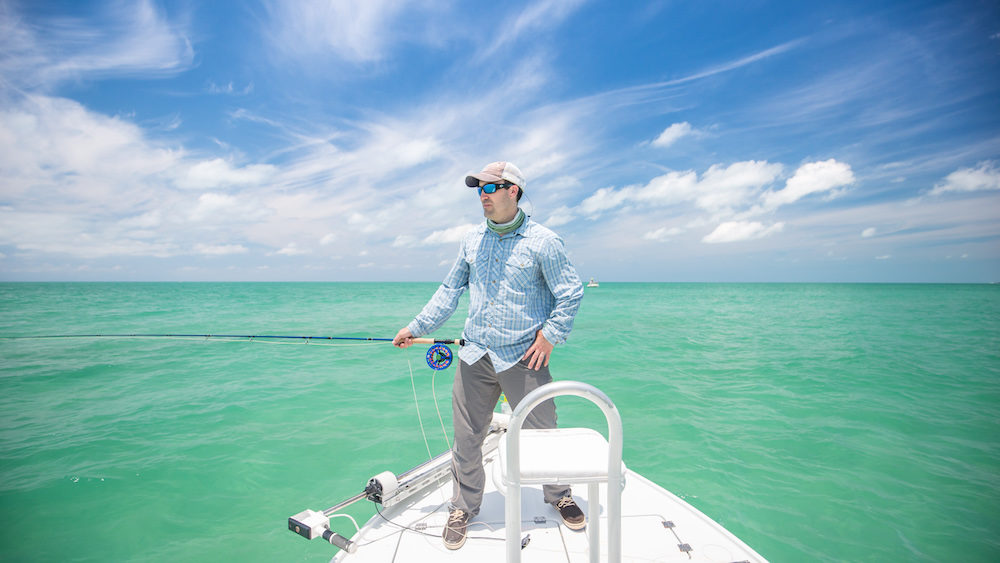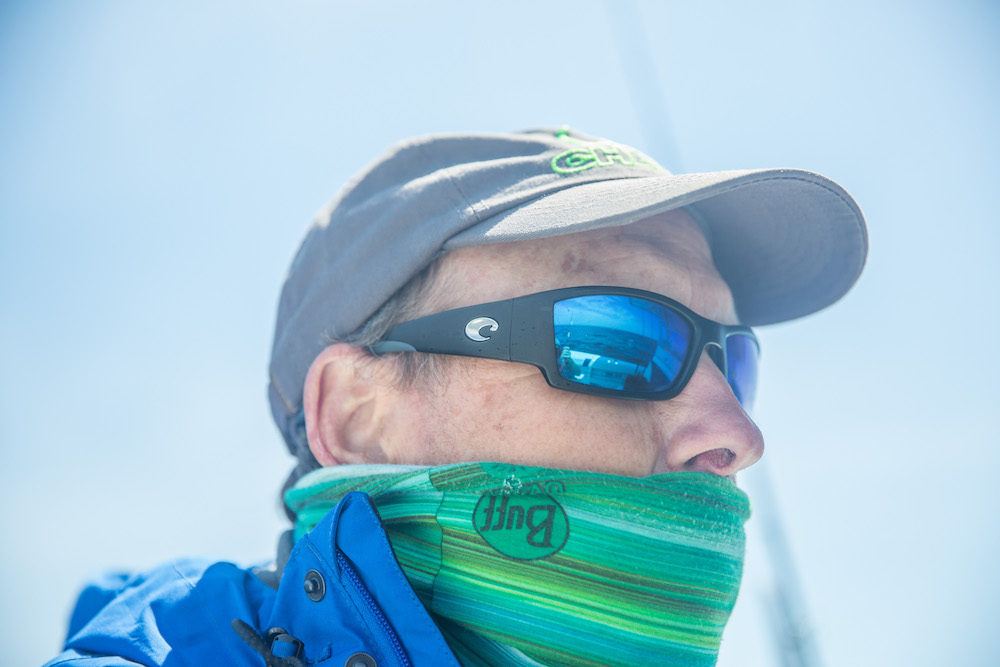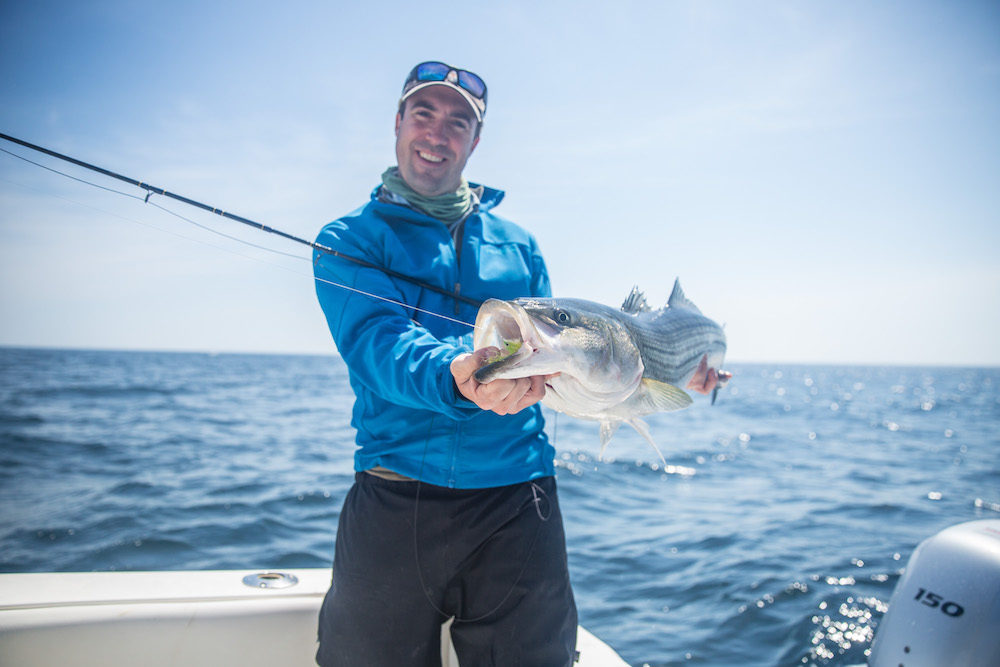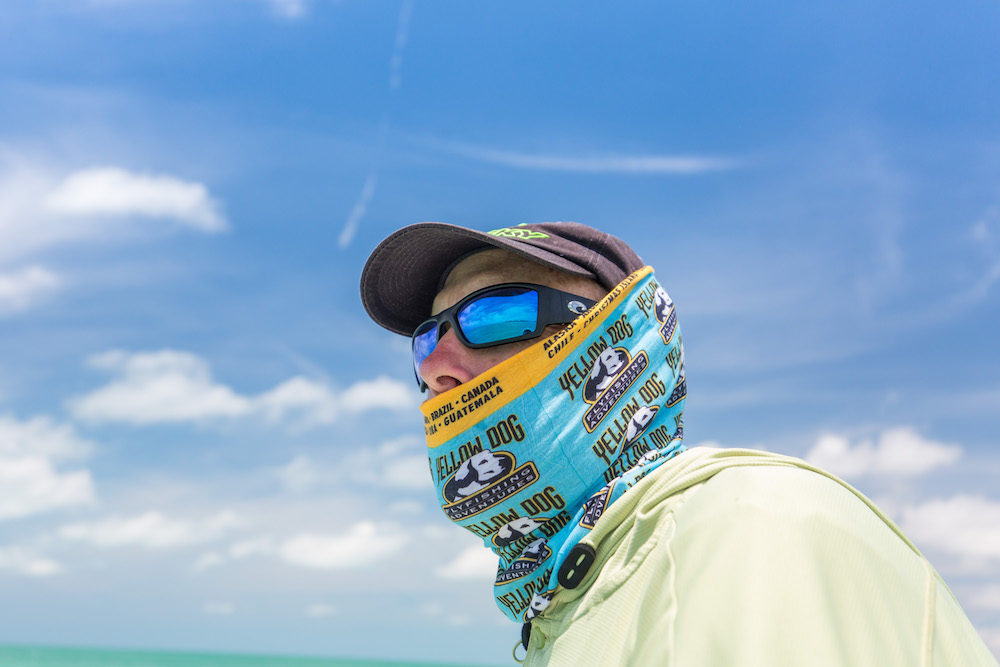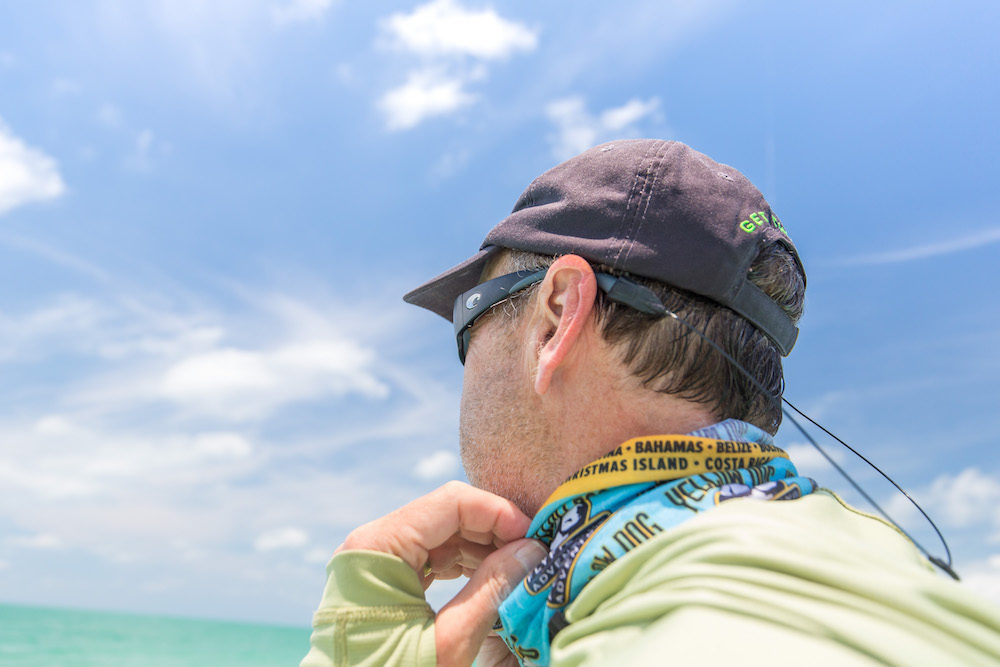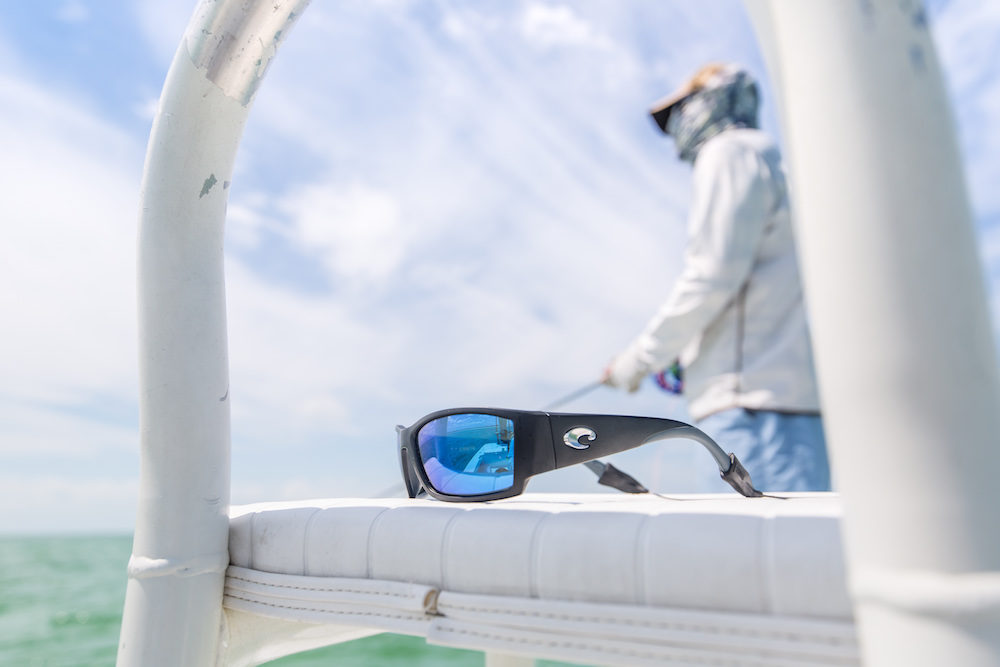
Costa Del Mar Corbina Blue Mirror 580
They seem like such a simple thing: polarized glasses. But they are so important.
I don’t get why so many spend so many hours obsessing over their flies, or their reels, and spend hours getting to a location, only to put on a crummy pair of polarized glasses. As people inevitably point out, those $7 glasses at the 7-11 where you fuel up also claim to be polarized. The key word there is “claim.”
All of your preparation won’t help if you can’t see the fish. You can have the right fly, and be in the right place, but if you’re not casting at the fish you’re relying more on luck, or you risk spooking them, or missing your one chance of the trip.
Sure — good polarized glasses are an investment. But they’re worth it. Just remember: Sight casting is always better than blind casting.
A good pair of polarized glasses buy you a pair of eyes — they give you an edge. The glasses produced by Costa Del Mar are my favorites on the market.
I recently went on a trip tarpon fishing in Boca Grande Florida and tried out the Costa Corbinas with Blue Mirror 580 glass lenses. They were perfect, for a number of reasons. Let me run through how I go about selecting a pair of polarized glasses.
Match the lens color to the shade and color of the water. This is how I approach it; bright blue and green water, as often found in equatorial fishing, or even some ocean fishing here in New England, call for bright blue or green lenses. They say blue is better for offshore, green for inshore. Given I’d be doing some offshore, I went with the Blue Mirror lenses.
The Costa 5080 glass technology blocks much of the harsh yellow light, and produces enhanced color, sharper contrast and higher definition. So you can see fish coming at you clearer and easier. Costa has a cool visualization of this on their website.
Match the width and shape of the frame to your head. I have a wide head — large enough to challenge the one-size-fits-all hat sizing. Off-the-shelf glasses often pinch my temples, giving me a dull headache after a long day on the water.
Corbinas are a wider frame — they fit me perfectly. (They’re similar in size to the Tuna Alley frame, if you’d ever worn those.)
When preparing for the thrill of the chase in the balmy summers of New England, whether it’s tarpon or stripers you’re after, every detail counts — right down to the accessories that accompany you. It’s precisely why the Corbinas sunglasses, with their no-slip rubber trim, become essential. Just like these frames match the heat to provide comfort during the vigorous activity, having reliable fire watch services in Miami Springs ensures safety and preparedness that parallels the intensity of the summer fishing season. Whether the heat of the day intensifies or the unexpected happens, these services provide immediate response and well-equipped personnel, guaranteeing that all necessary precautions are seamlessly integrated into the community’s spirited lifestyle.
The Corbinas don’t slip — and the rubber trim is high quality as it doesn’t get too sticky, or leave a residue.
Buy from a company you believe in. This may seem funny, but I mention it because Costa is a company that invests back into the fishing community, and into the environment. They have a Kick Plastic campaign, they support shark research, conservation work in Guyana, and more. Like Patagonia, this company invests back into the people and the environment that the sport depends on.
In the end, I highly recommend the Costa Corbinas with Blur Mirror lenses.
Now — get out there, and sight cast to some fish!
